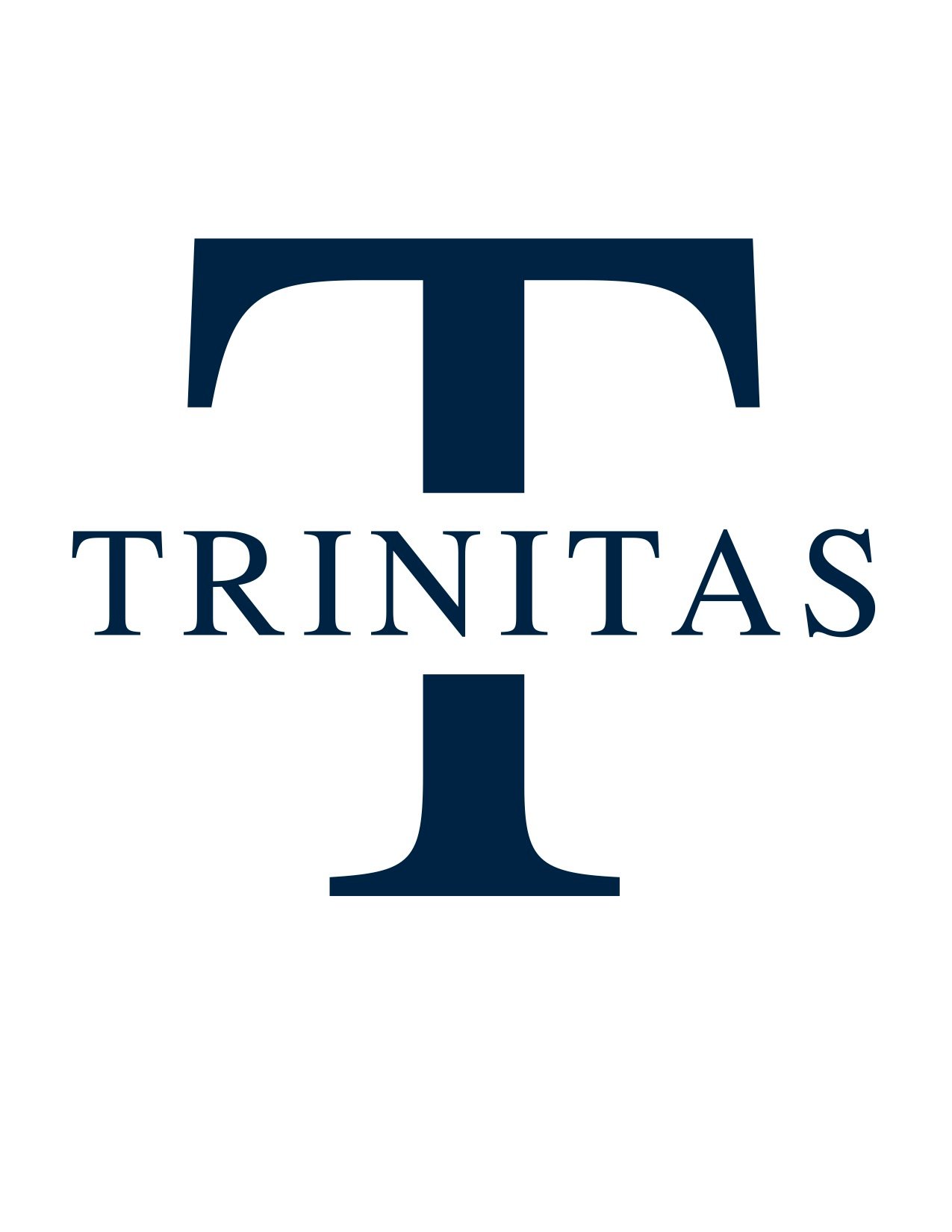.jpg?width=250&name=IMG_0030%20(1).jpg) Routines help to define a people. A group of market traders begins combing the news even before the trading bell rings at 9:30 a.m., hungry to get an edge on making the right move at the right time. A covey of construction workers share donuts and coffee before hitting the site for the day’s labor. A pack of public school kids rise from their seats to recite the pledge of allegiance and hear the crackle of morning announcements over the intercom. Routines do not require much attention to the routine itself—routines become second nature, an involuntary way of being in the world. Because we know that routines have the power to shape our orientation to the world, Trinitas starts the day with our own routine to orient and shape our way of being for the day ahead.
Routines help to define a people. A group of market traders begins combing the news even before the trading bell rings at 9:30 a.m., hungry to get an edge on making the right move at the right time. A covey of construction workers share donuts and coffee before hitting the site for the day’s labor. A pack of public school kids rise from their seats to recite the pledge of allegiance and hear the crackle of morning announcements over the intercom. Routines do not require much attention to the routine itself—routines become second nature, an involuntary way of being in the world. Because we know that routines have the power to shape our orientation to the world, Trinitas starts the day with our own routine to orient and shape our way of being for the day ahead.
As a people who desire to seek the Lord with all of our hearts, souls, and strength, we begin our day by reading God’s Word, His blessed speech that reminds us of who we are and what He has called us to do. In reading God’s Word we acknowledge our dependence upon His Sovereign guidance, and we gather wisdom and nourishment from His Spirit speaking through His chosen prophets.
Since we are a people whose lineage spans all of history, we also want to confess to one another and to the world what it is that we believe, in order that our allegiance and identity would be declared. Therefore, we recite together either the Apostle’s Creed or the Nicene Creed, confessing truths of “the faith, which was once for all delivered to the saints.”
Having read God’s Word and confessed our common faith, we want to commit to memory portions of God’s Word that it may remain hidden in our hearts and ready upon our lips. Thus we practice reciting our monthly Scripture memorization passage, first in small bites, but before long, the whole thing.
Another way of both committing God’s Word to memory and declaring it to one another and the world is through the songs, hymns, and spiritual songs God has given us in Scripture and in His Church. After Scripture memorization we learn to sing a psalm or hymn together, beginning first with the melody, but soon learning each musical part (soprano, alto, tenor, and bass), that we may lift our voices in beautiful harmony; reflecting the unity and diversity of God’s Creation.
Finally, because we know that God alone establishes the plans of man, we offer up a corporate prayer, wherein we confess our need for the Father’s grace to cover our sin, the Son’s wisdom to walk in His ways, and the Spirit’s zeal for holiness and obedience so that our efforts might honor our God and His body, the Church, those before us, beside us, and beyond us.



